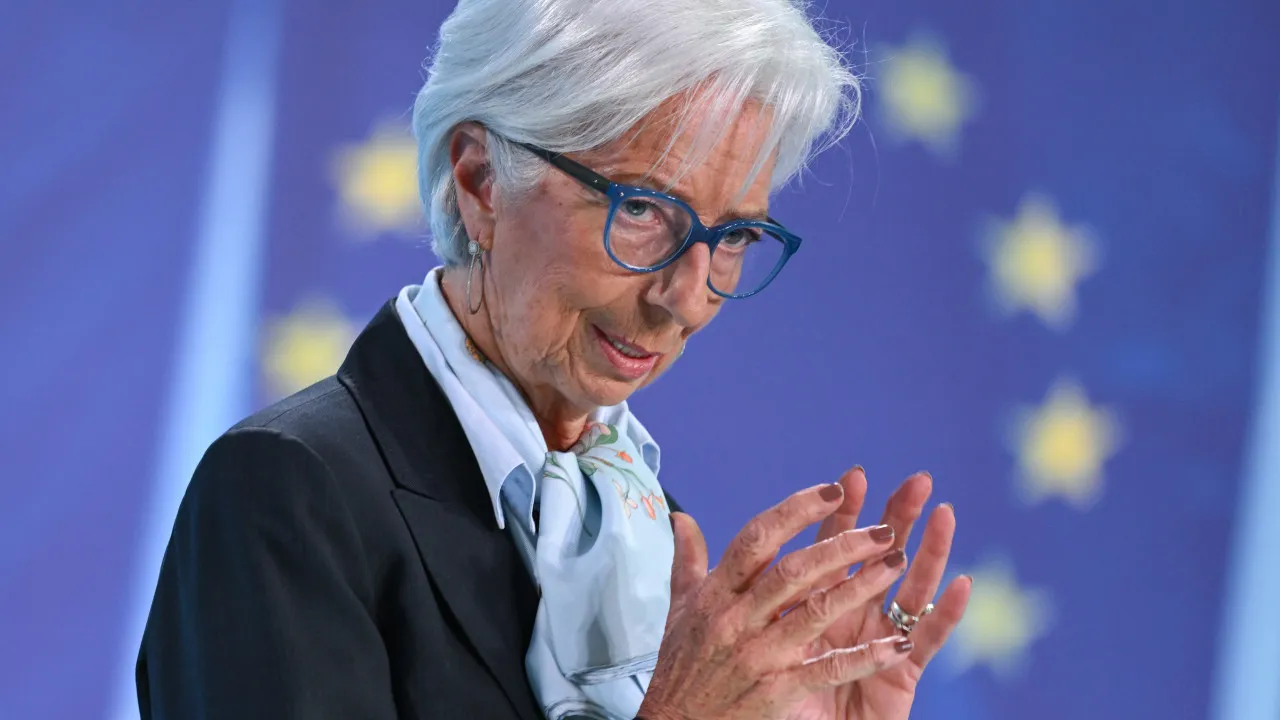
The growth of the European bloc will be impacted by the adoption of tariffs and the normalization of trade flows following the pre-tariff measures implemented in the initial months of the year.
“Growth is expected to slow down in the third quarter as this anticipation dissipates,” Lagarde warned during the International Business Council at the World Economic Forum in Geneva.
The ECB leader noted that the recent trade agreement between the European Union and the United States imposes higher tariffs on eurozone products compared to the situation prior to April.
In this context, the ECB president emphasized that the trade agreement with the U.S. sets an average effective tariff estimated between 12% and 16% for American imports of eurozone products, which is slightly higher, yet close to, the assumptions used by the ECB in its projections.
“The outcome of the trade agreement falls short of the severe scenario of U.S. tariffs exceeding 20% on eurozone products projected in the June forecasts,” she emphasized, although she acknowledged that “uncertainty persists,” as the specific tariffs on pharmaceutical and semiconductor products remain unclear.
Thus, the ECB will take into account the implications of the EU-U.S. trade agreement for the eurozone economy in the September projections, which will guide the ECB Council’s decisions in the coming months.
Lagarde also highlighted that the trade agreement between Brussels and Washington “reduced,” but “certainly did not eliminate” global uncertainty, particularly because specific tariffs for the pharmaceutical and semiconductor sectors still need clarification.




